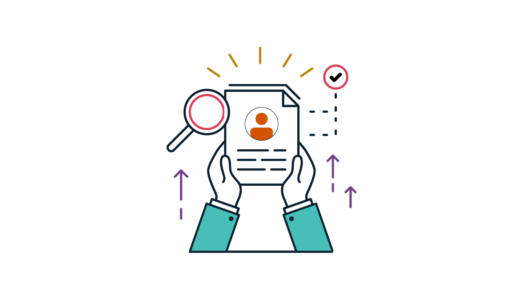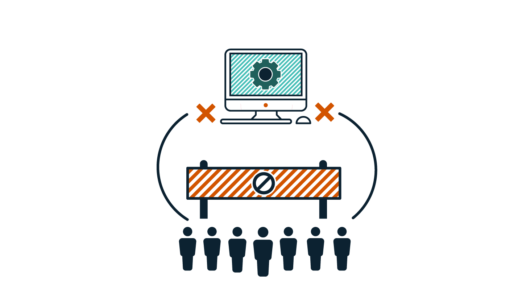Shocks, knocks and skill building blocks
Report finds that all-round support, responsive to individual circumstances and needs, helps the low-skilled to acquire essential digital work skills and helps them build the digital confidence and resilience they need for the jobs of today and tomorrow.
Key findings

82% of jobs in the UK require digital skills

52% of UK workers lack the core digital skills essential for jobs today

9 million adults can't use the internet independently
In a world reshaped by the Covid-19 pandemic and facing a prolonged economic shock, digital skills are crucially important. In 2019, 82% of UK jobs required some level of digital skills, and the figure today will be higher. Yet 13.6 million UK workers lack the core digital skills essential for today’s jobs, and 9 million UK adults cannot use the internet independently.
Most people will need digital skills to gain or remain in employment as all sectors embrace and accelerate digital business models and ways of working. However, those in lower-skilled jobs at risk of automation are often likely to face barriers that make it harder to acquire them: lower confidence, less time, and lower-level learning skills. They are also less likely to receive support from their employer.
We know from our work on community-based digital inclusion that essential digital skills are most likely to be learned and consolidated as part of other social interventions, from employment support and English language classes to money management and health improvement programmes. The most effective models embed essential digital skills support end-to-end, rather than bolting it on. We also know that the ‘whole person’ support provided by community organisations helps build confidence, resilience, and motivation: in work parlance, the ‘softer skills’.
Recognising the challenges faced by those in lower-skilled roles as digital continues to reshape the world economy, we wanted to explore how building habit, self-efficacy, goal-setting, and other qualities can support the acquisition of digital work skills, equipping people to stay resilient and able to adapt as work continues to change.
With the support of Accenture and Nesta, we worked with our community partners to create Future Proof: Skills for Work, testing a blended model of holistic support and digital work skills, and building in the use of digital skills and careers resources, such as Accenture’s Skills to Succeed Academy and Stay Nimble.
"Future Proof has been ahead of the curve in terms of predicting new audience demand, skills and motivations helping people gain digital skills alongside greater confidence and broader skills."
